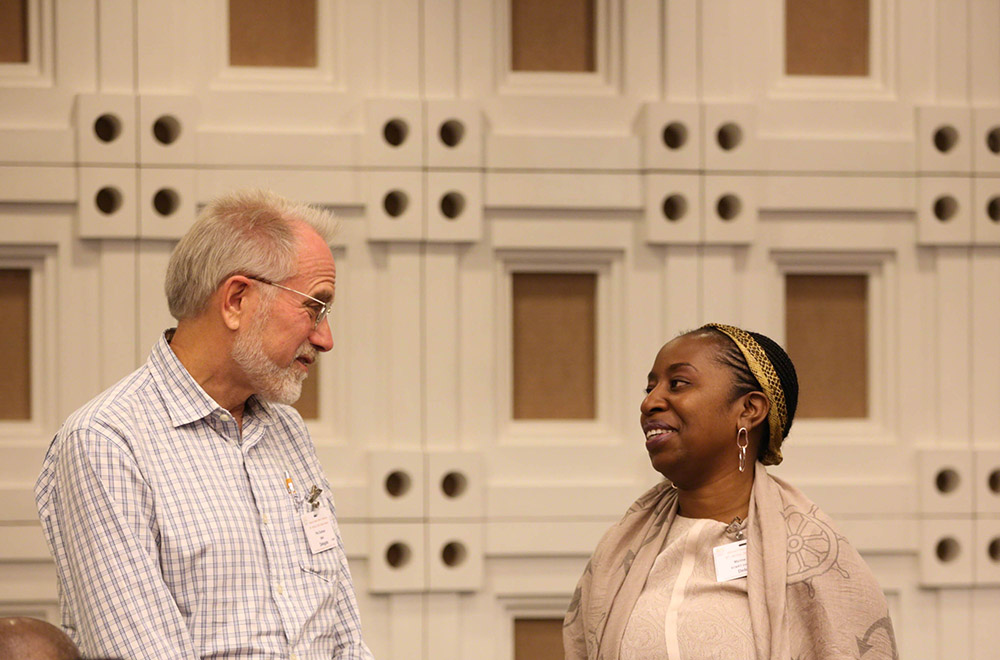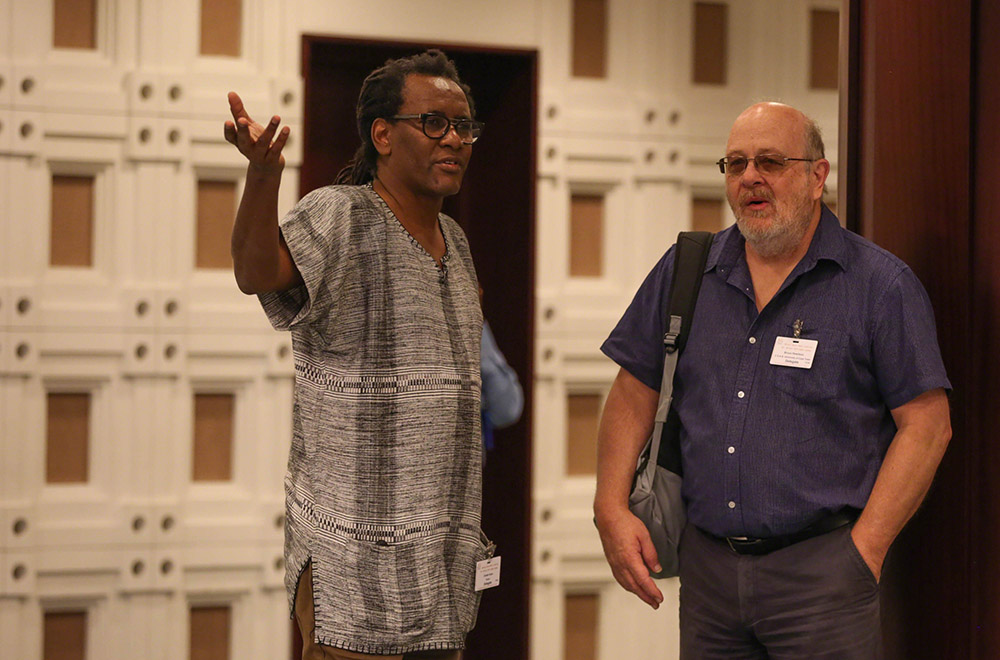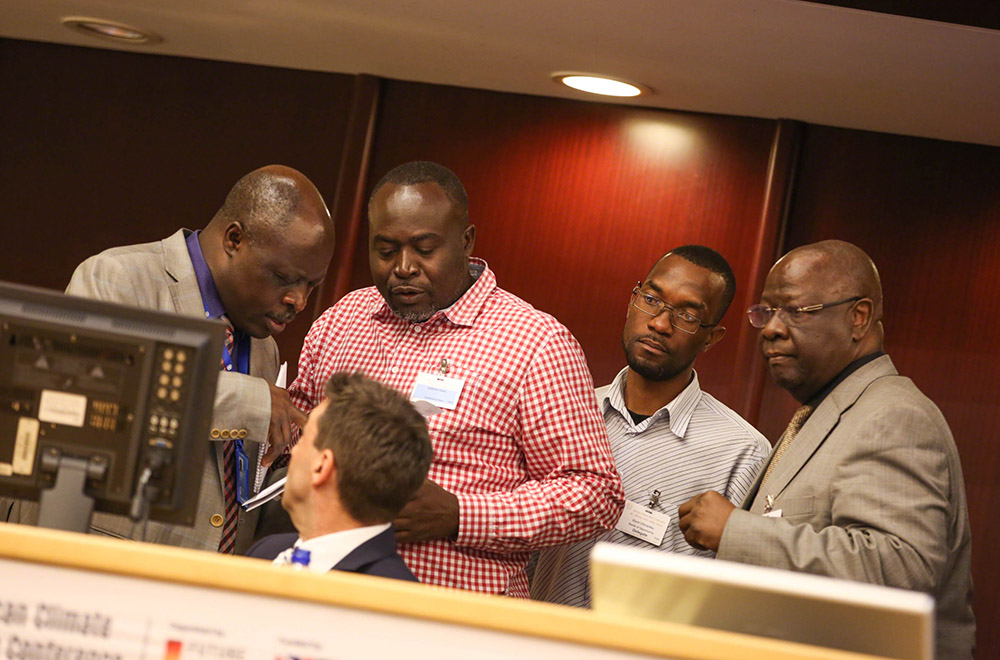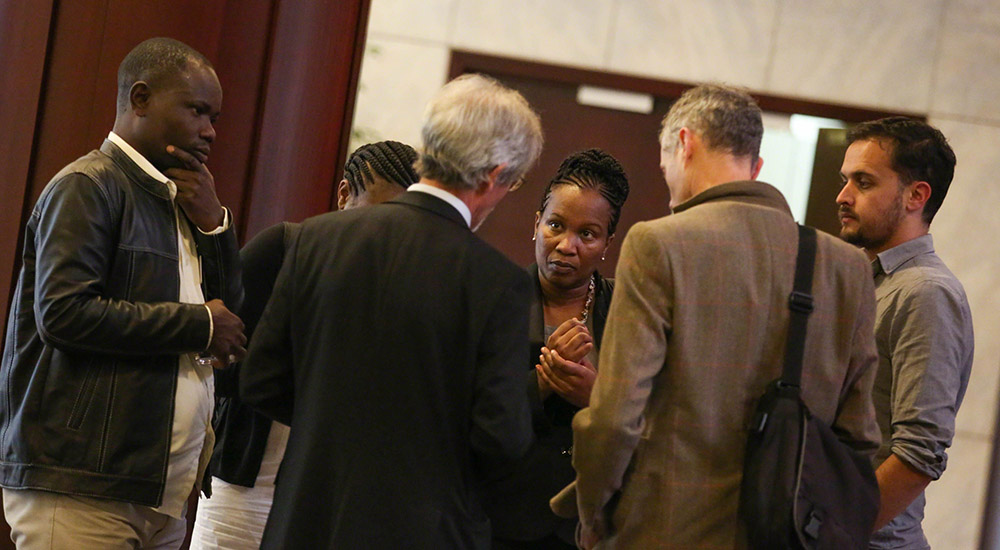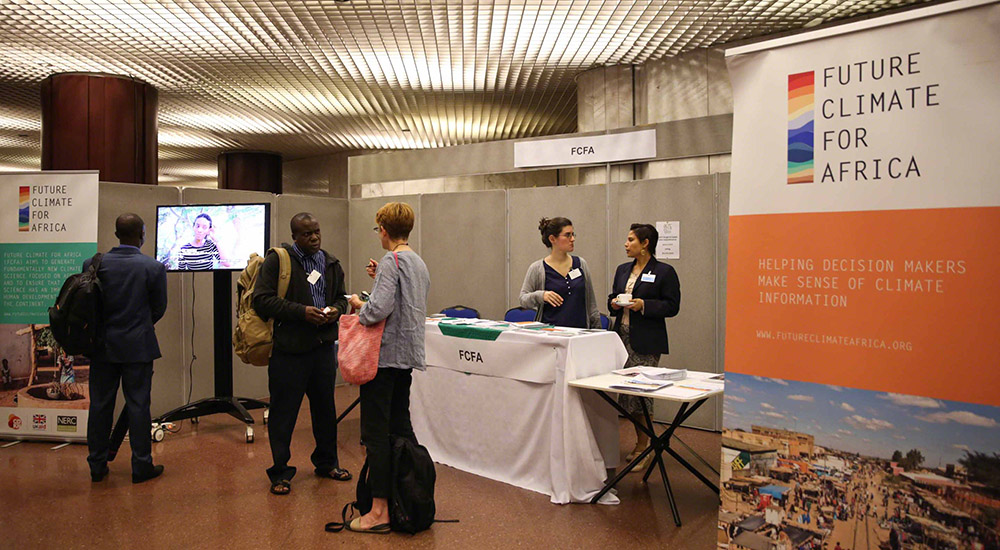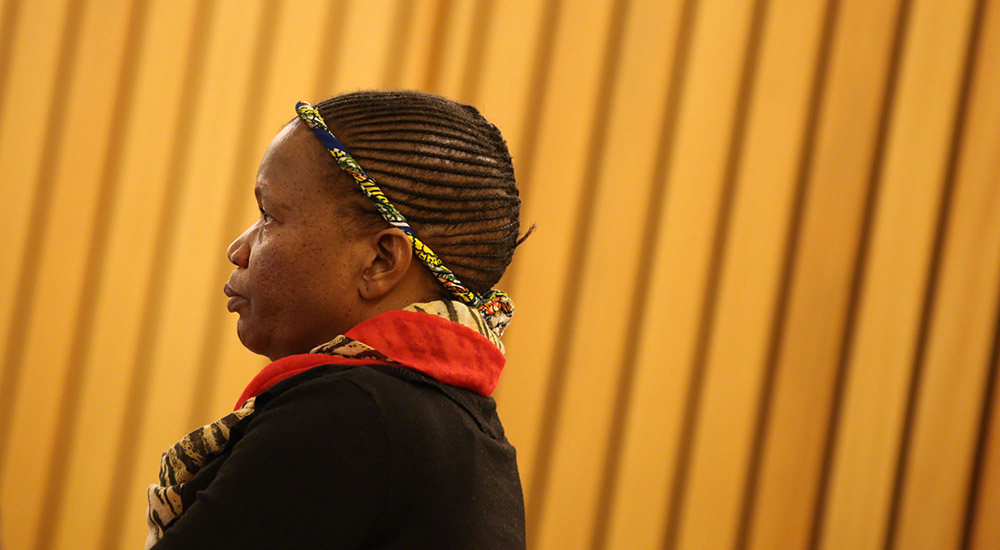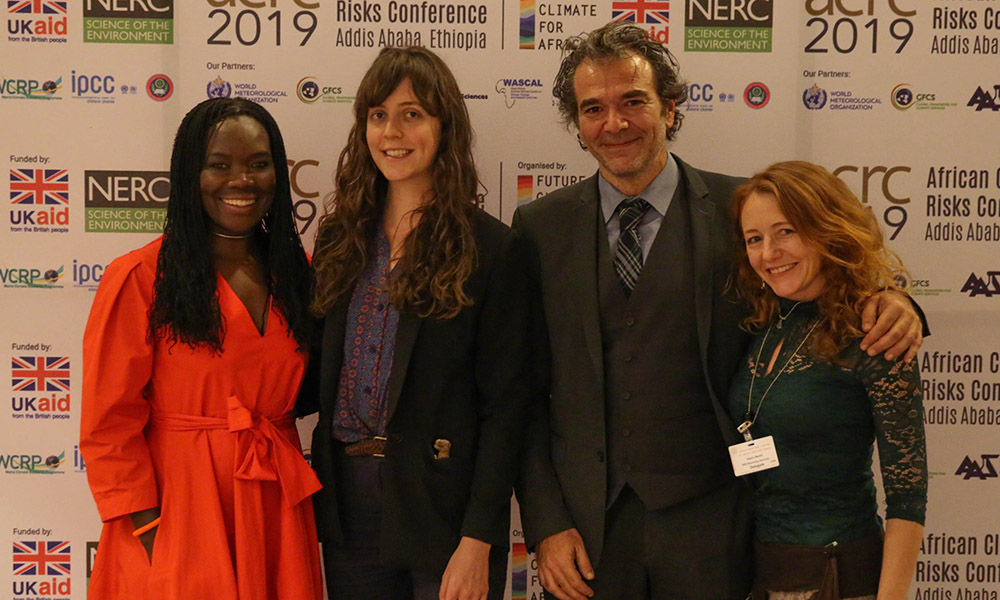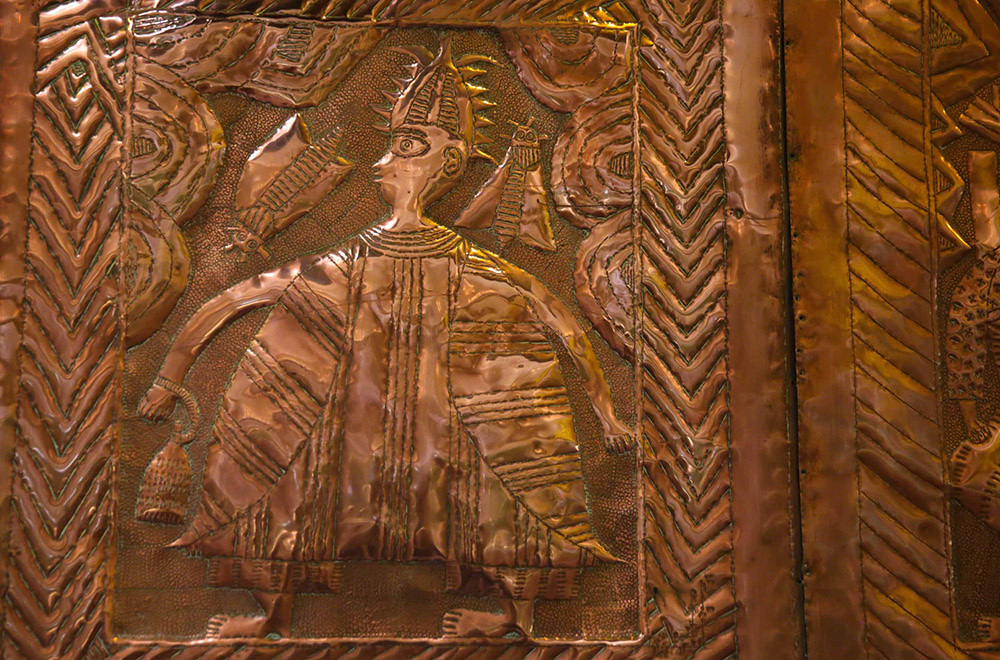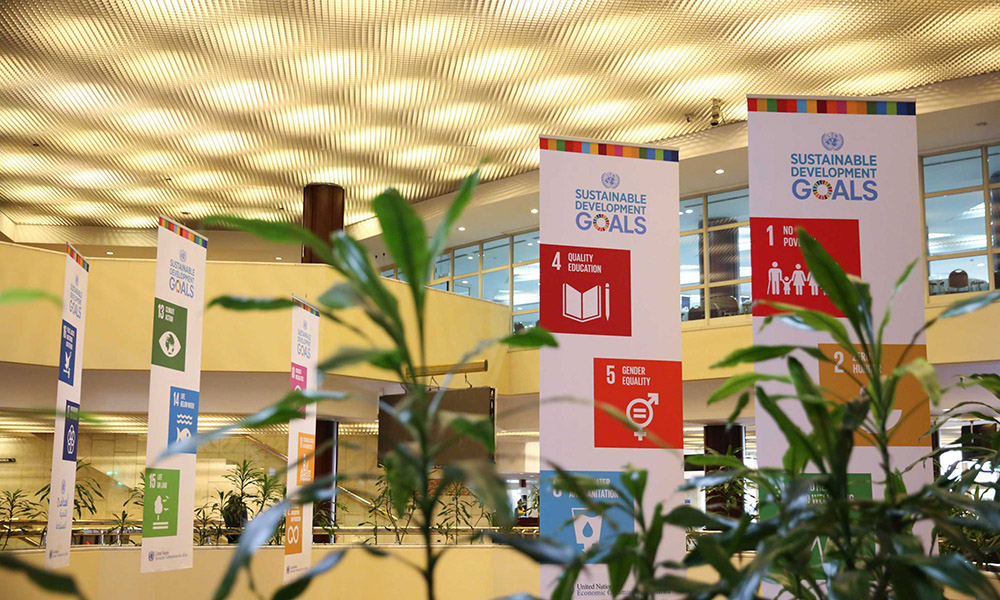Summary
Highlights for Wednesday, 9 October 2019

The African Climate Risks Conference (ACRC) 2019 concluded on Wednesday, 9 October, with a busy programme including plenary sessions, panel discussions, workshops, and seminars. In the morning, two plenary sessions focused on the state of climate information services for development support in Africa and on mobilizing investment in climate services. On the state of climate information services, Filipe Lúcio, Director, Global Framework for Climate Services (GFCS), in a keynote speech, stressed the need to strengthen capacity regarding the provision of climate services, highlighting the urgency of action for Africa and the need to improve monitoring and evaluation. Stephen Mooney, Department for International Development (DfID), UK, underscored the need for African ownership of climate services, emphasizing co-production and “last-mile delivery” to reach those who really need the information.Regarding mobilizing investment for climate services, Paul Watkiss, Department for International Development (DfID) Climate Mainstreaming Facility, emphasized in his keynote presentation, the economic value of weather and climate services, which extends beyond financial value. Dumisani Chirambo, Seeds of Opportunity, Malawi, stressed the potential to use social innovation and community science in providing climate services. Daniel Tsegai, UN Convention to Combat Desertification (UNCCD), presented on combating drought, risk insurance, and sustainable land management. Throughout the day delegates participated in:
In the closing plenary, Ernest Afiesimama, World Meteorological Organization (WMO), highlighted initiatives to break down barriers and faciliate integrated climate risk analysis in Africa. Chris Jack, University of Cape Town, South Africa, outlined key challenges and highlighted progress on: high-resolution modeling; conceptual understanding of model performance to inform model development; linking risk management resilience and climate information; and capacity development using climate information. Rosalind West, DfID, highlighted successes in advancing the fundamental science, and bringing that science into use, stressing that “climate science isn’t just for climate scientists, it is for everyone.”Joseph Mukabana, WMO, emphasized the need to develop national frameworks for climate services in order to scale up the use of climate services in monitoring, production, delivery, and user application. Frank Rutabingwa, UN Economic Commission for Africa (UN ECA), stressed that the depth of discussions demonstrate that climate change is the biggest challenge on the continent. Robbie Redda, SouthSouthNorth, thanked delegates for a successful conference and closed the session at 5.04 pm.Please return to this site on Saturday, 12 October 2019 for the summary report.
IISD Reporting Services, through its ENB+ meeting coverage, provided daily photographic coverage and a summary report from ACRC 2019. The summary report is now available in HTML and PDF.
Photos by IISD/ENB | Kiara Worth
For photo reprint permissions, please follow instructions at our Attribution Regulations for Meeting Photo Usage Page
Plenary: State of Climate Information Services in Africa
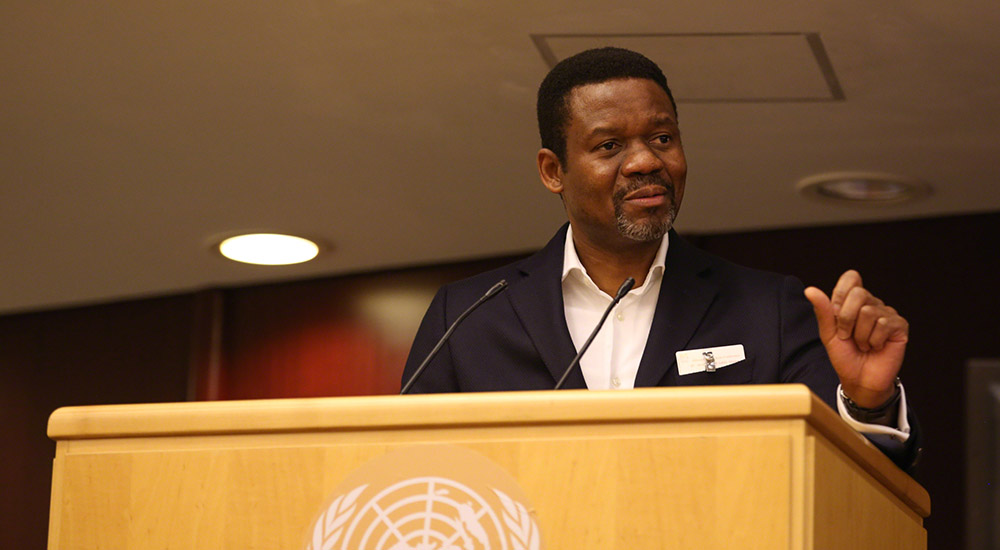
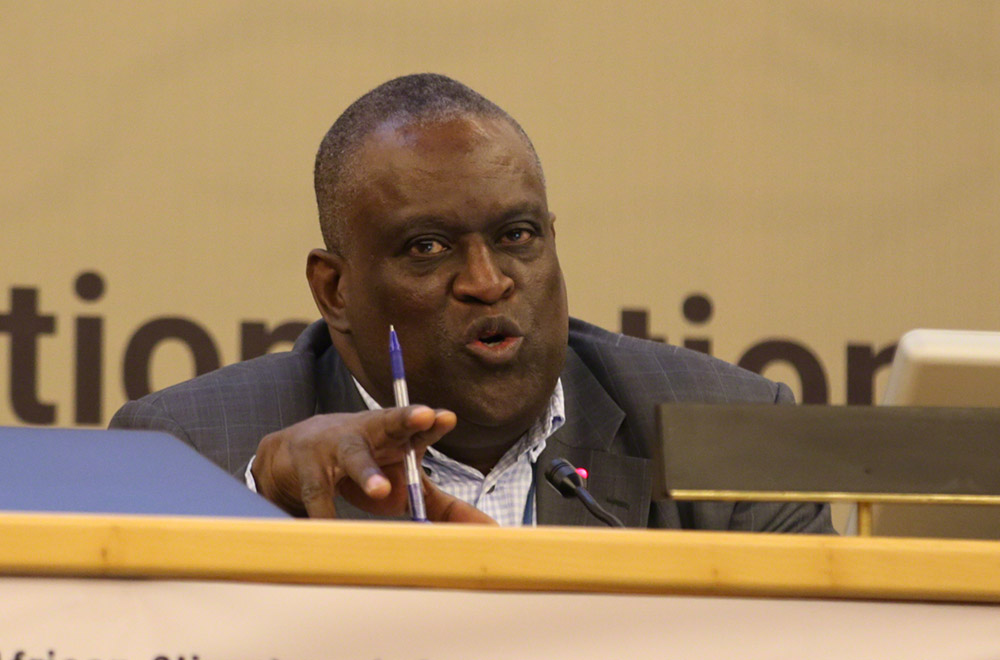
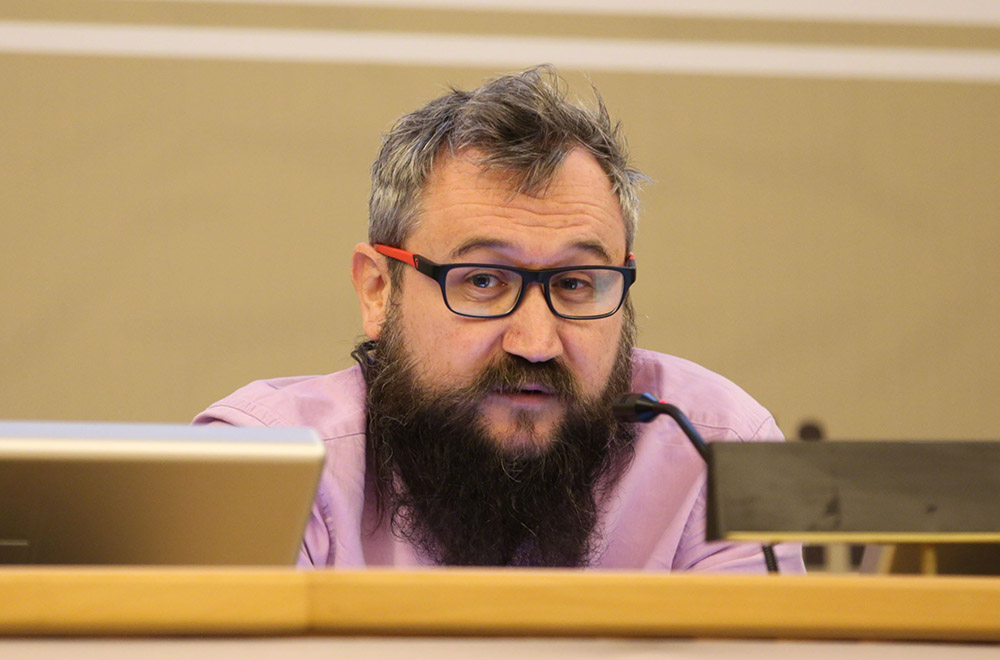
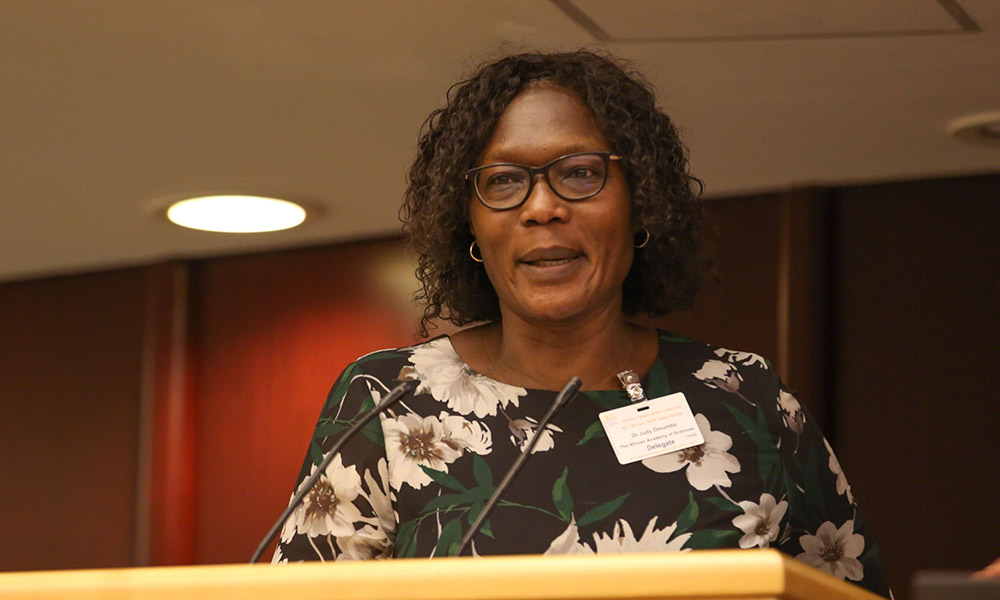
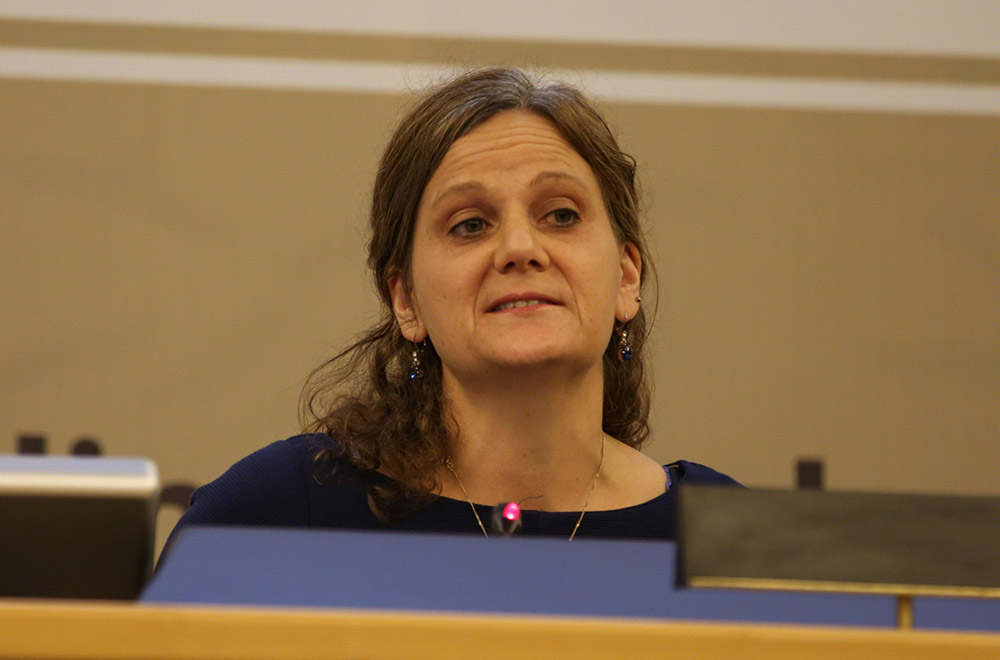
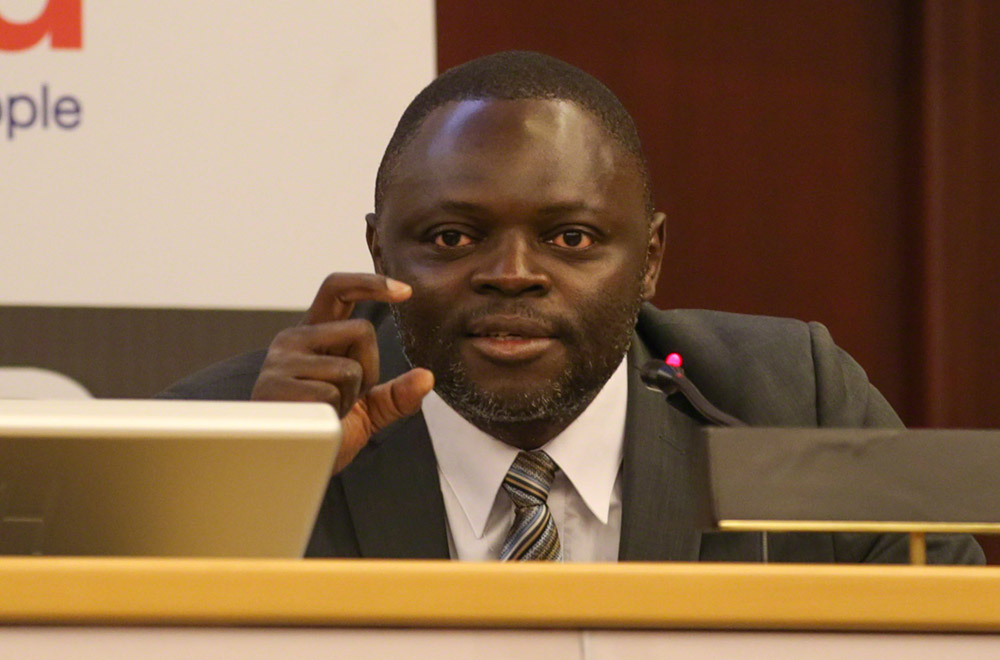
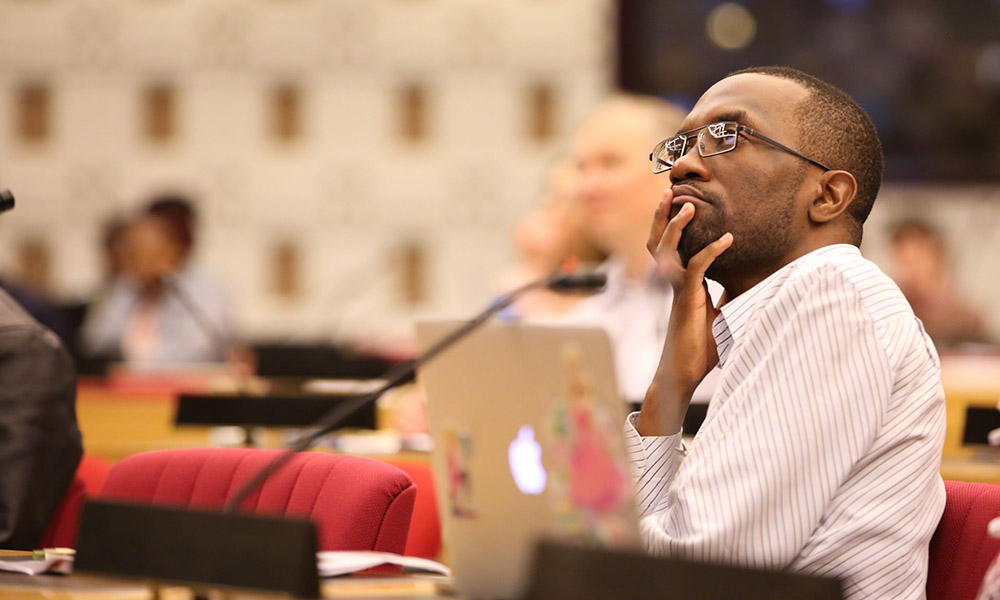
Theme 7: Mobilising investment in Climate Services
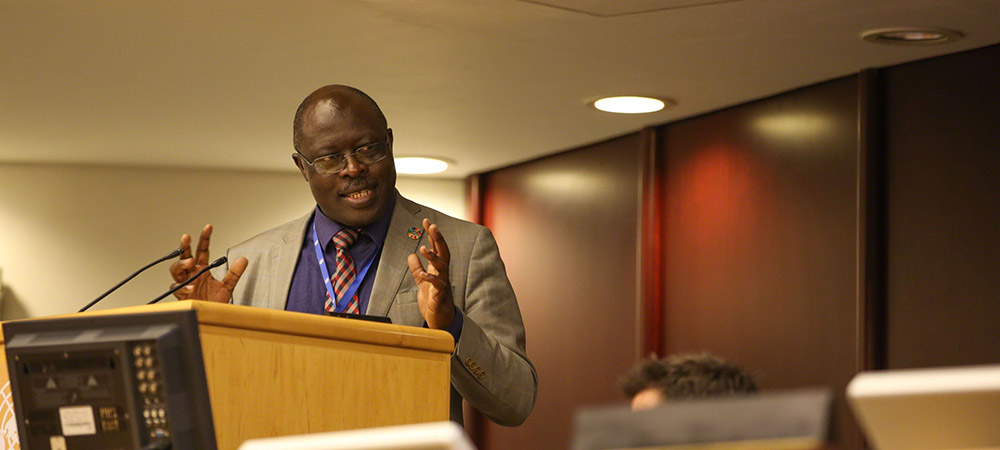
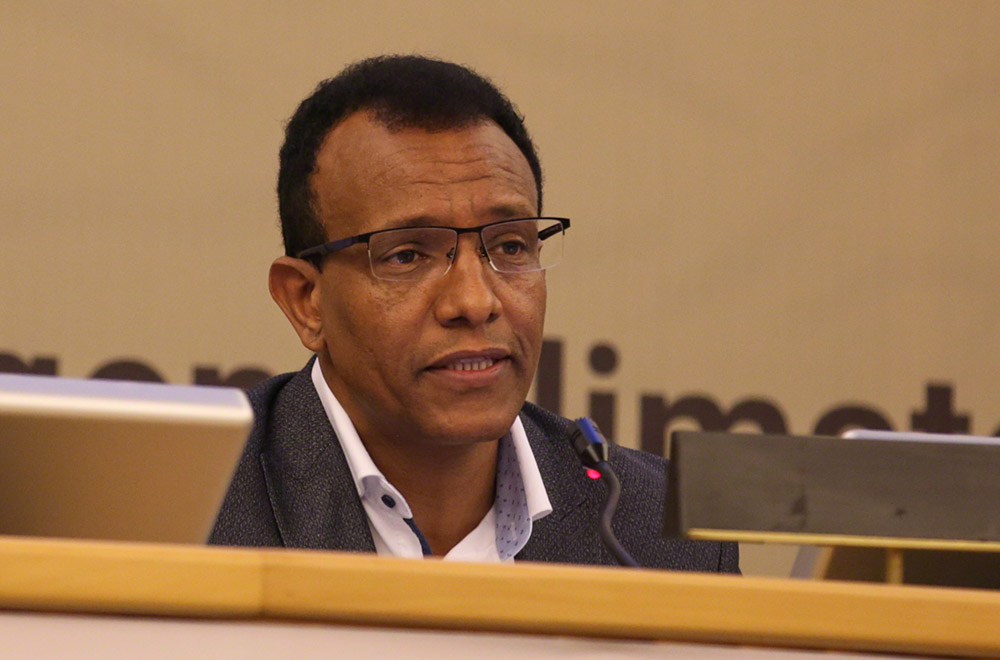
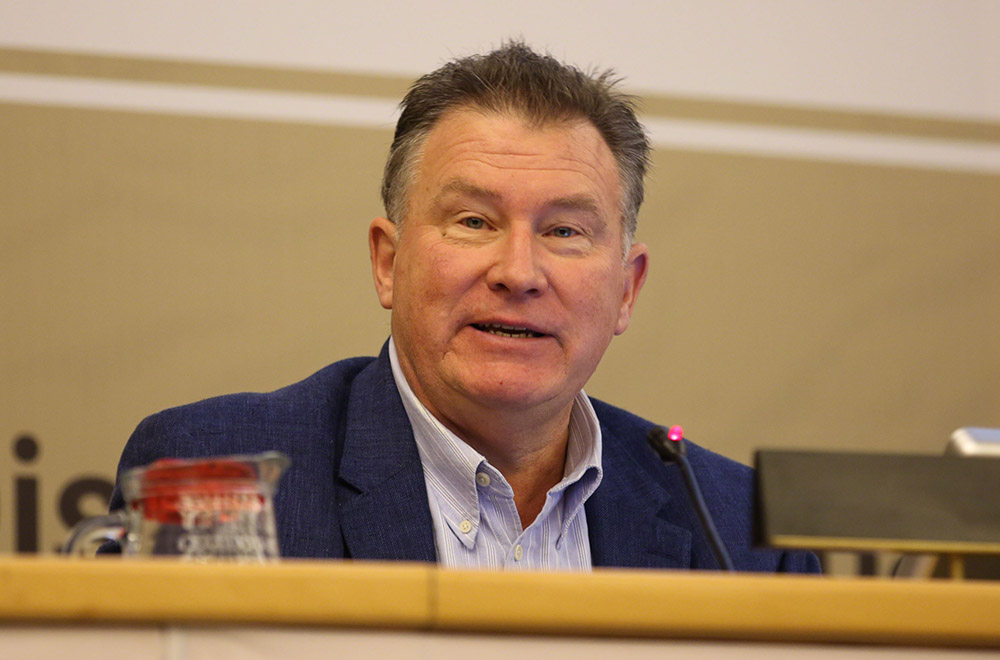
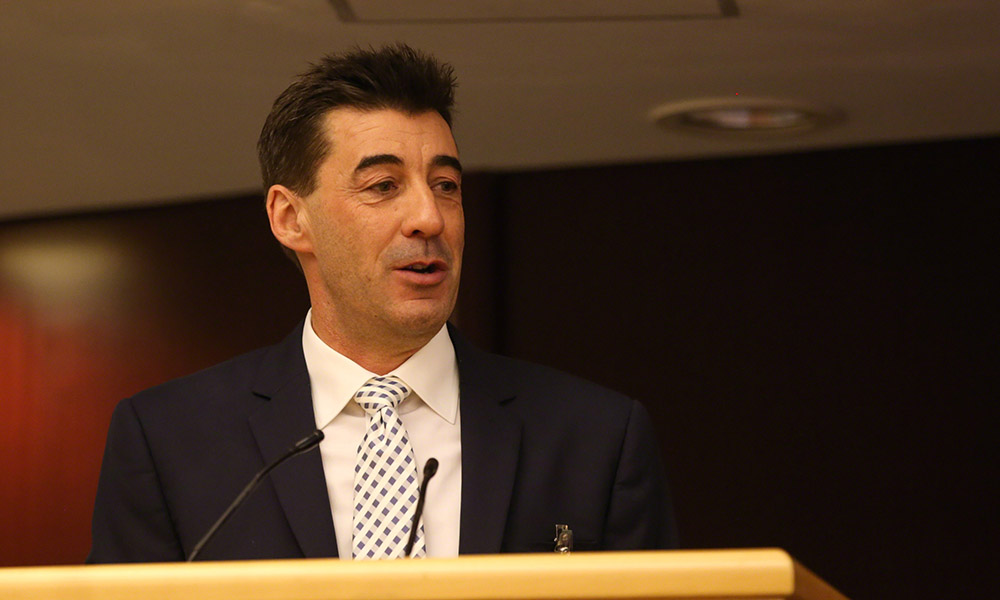
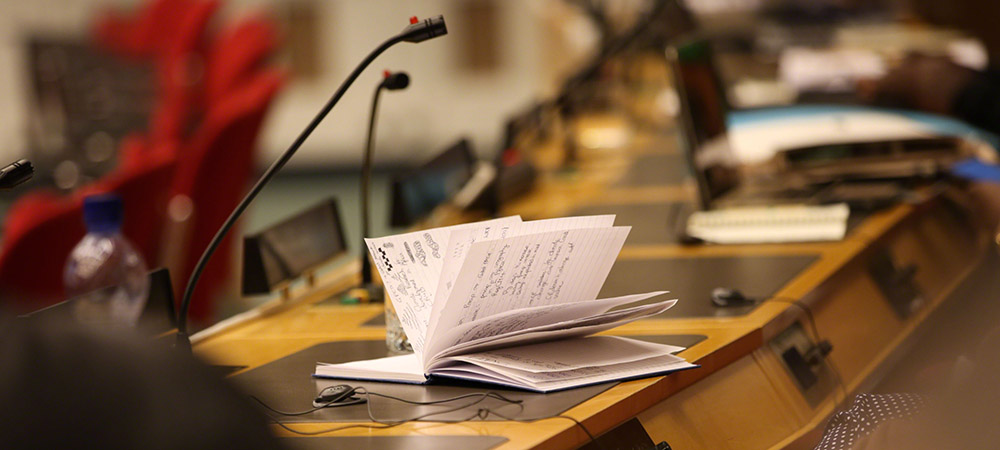
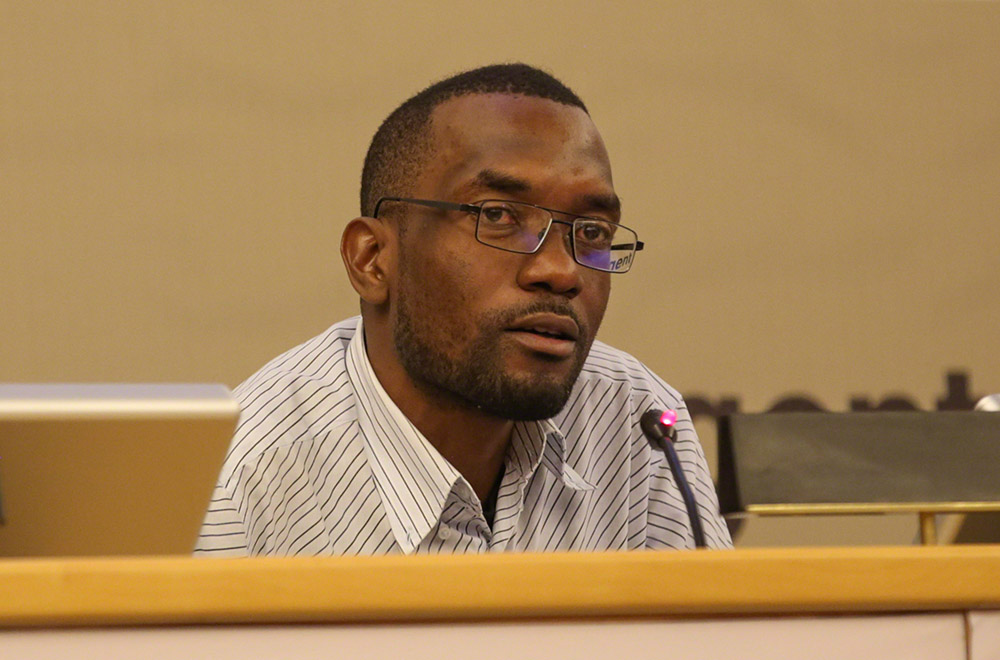
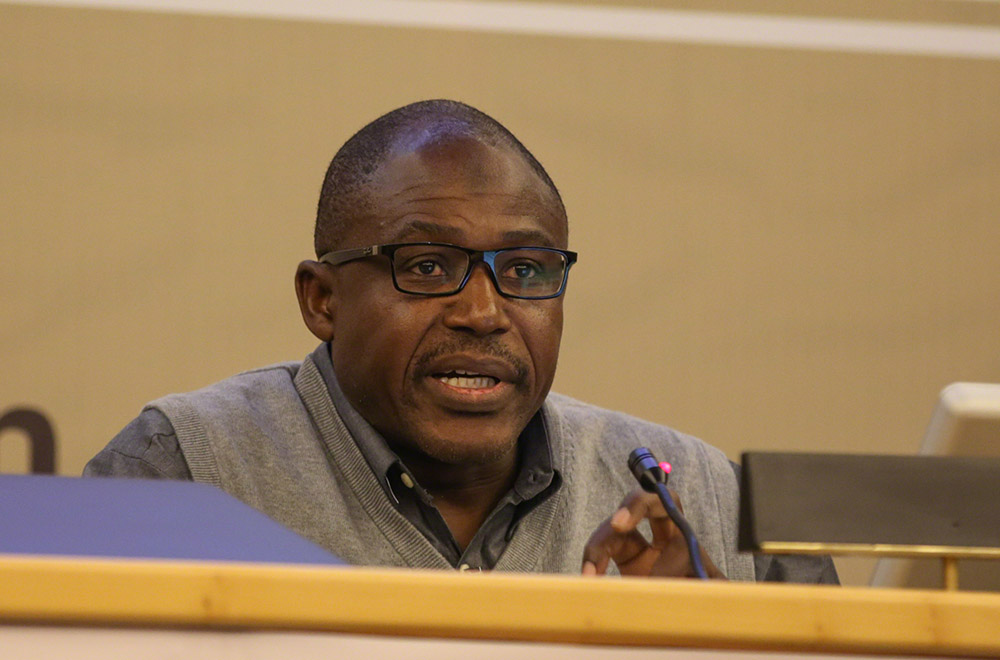
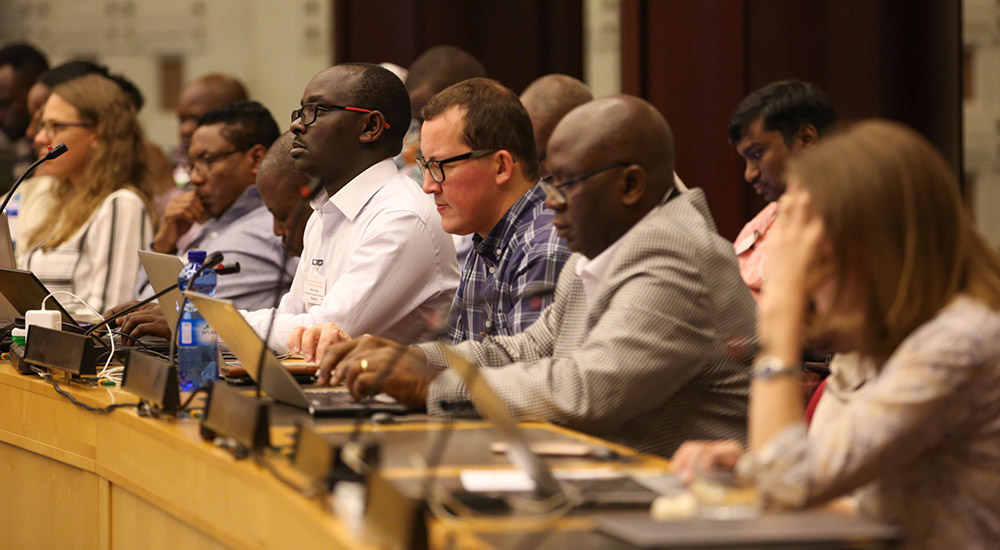
Discussions, Seminars, and Panel Discussions Throughout the Day
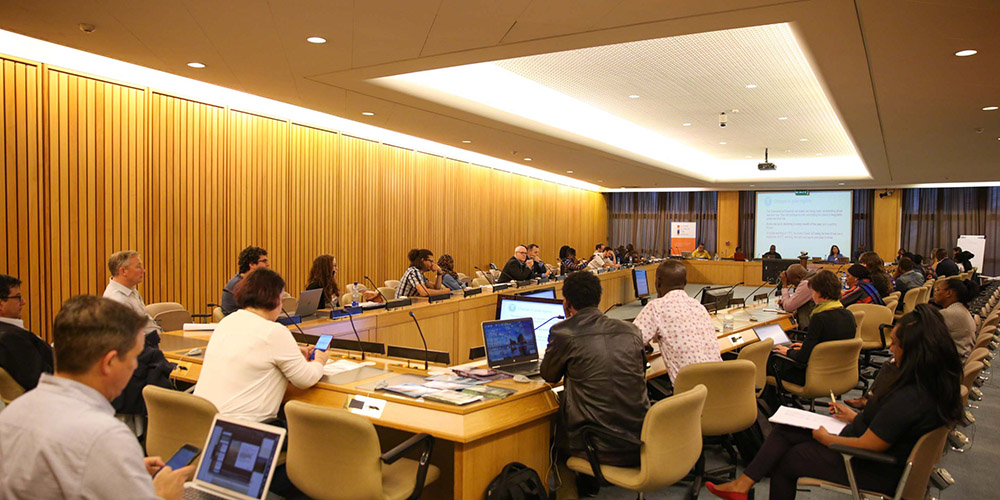
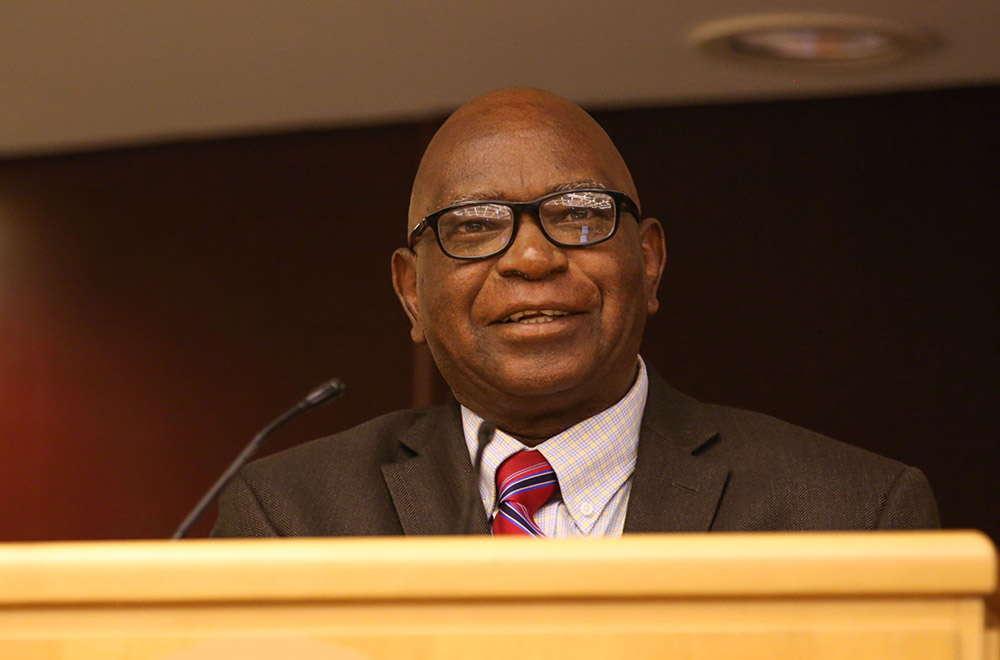
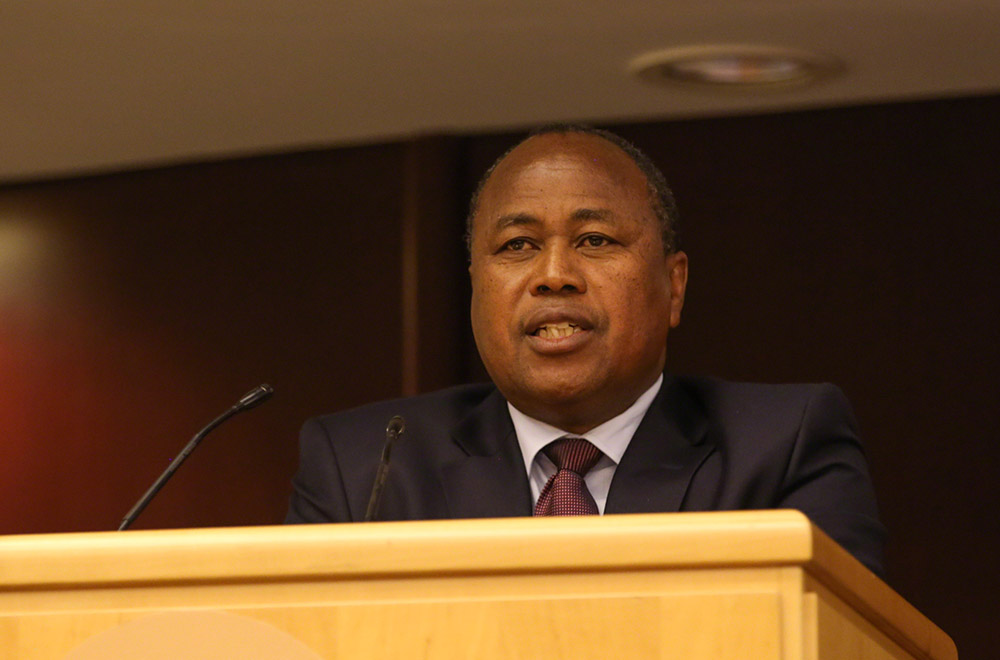
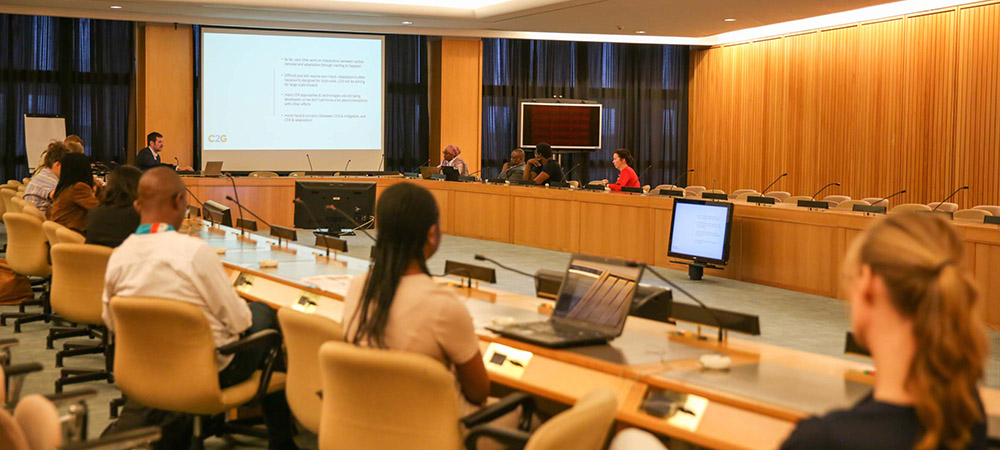
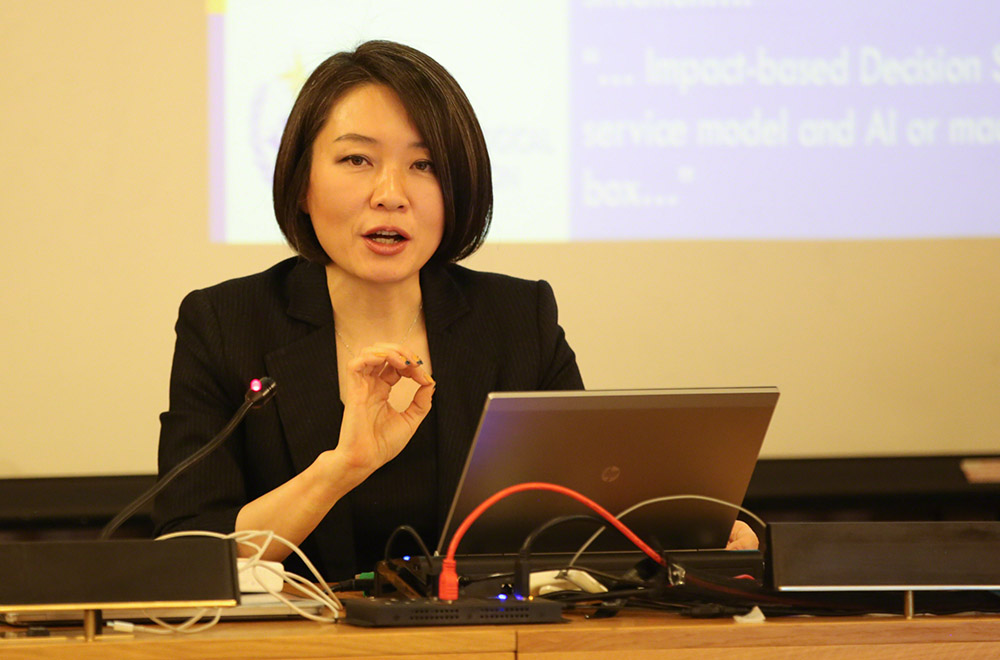
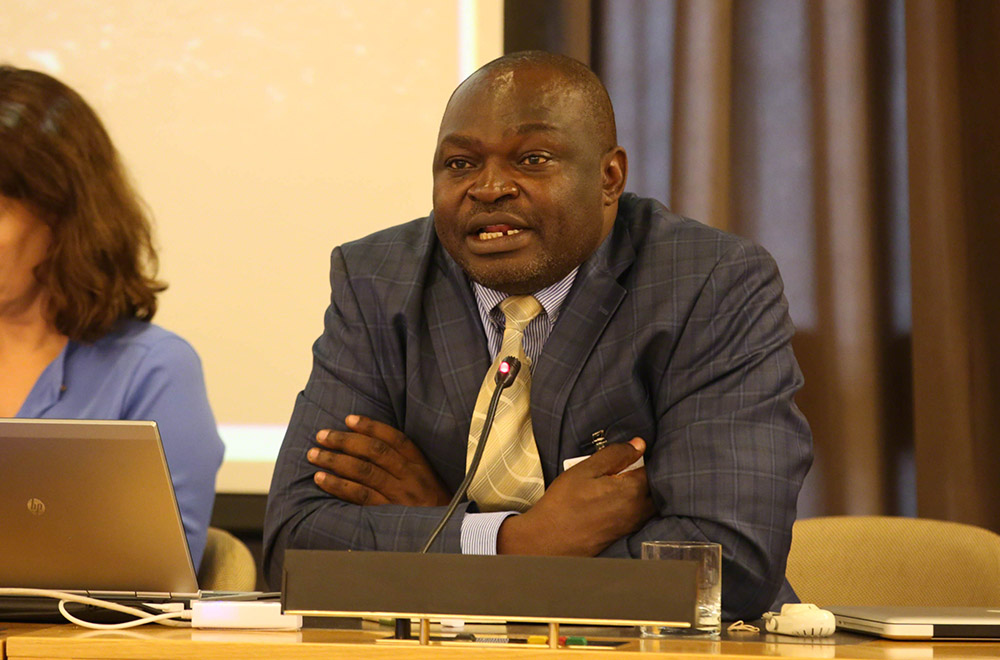
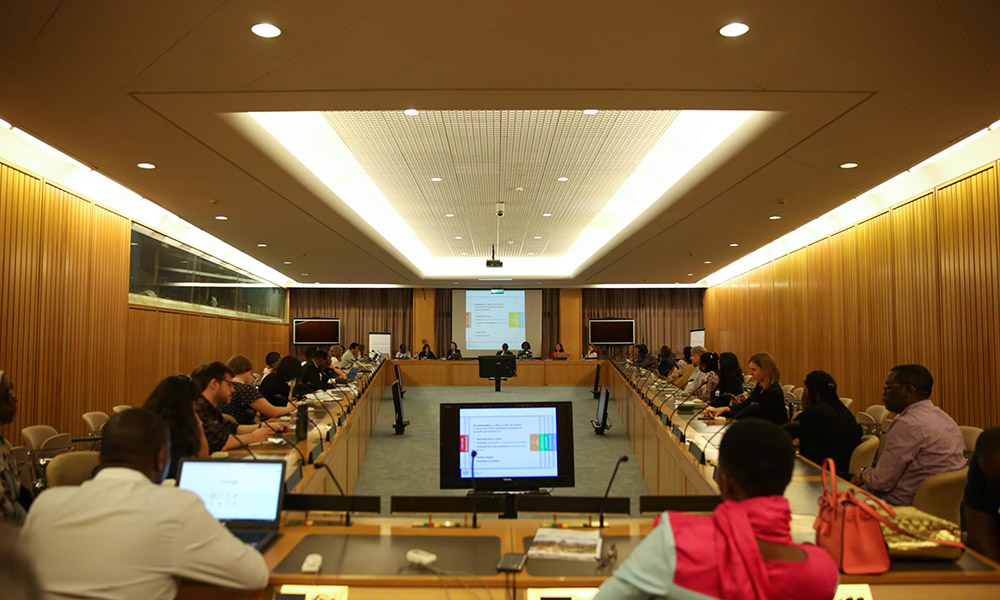
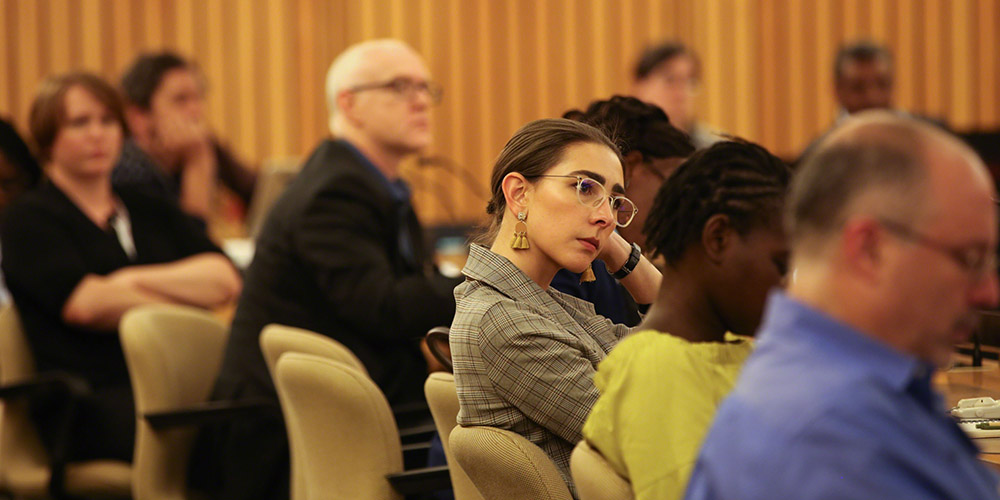
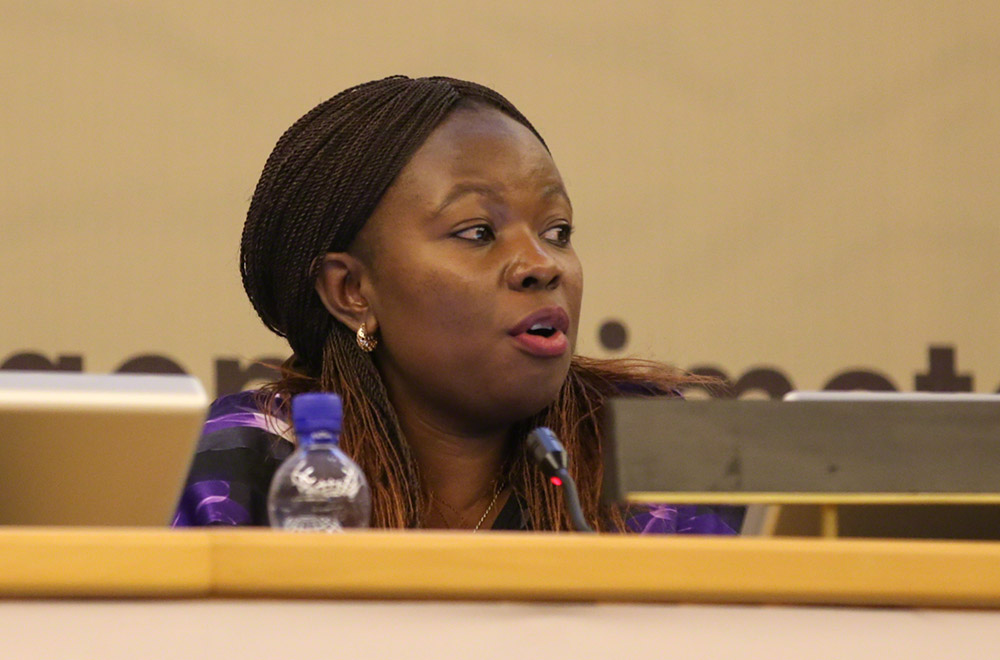
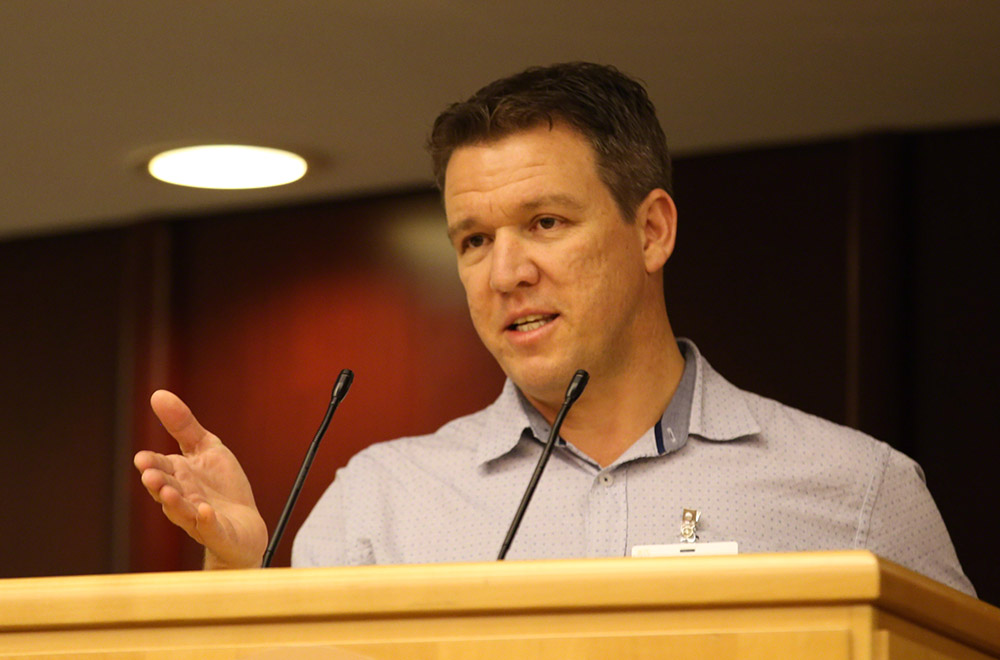
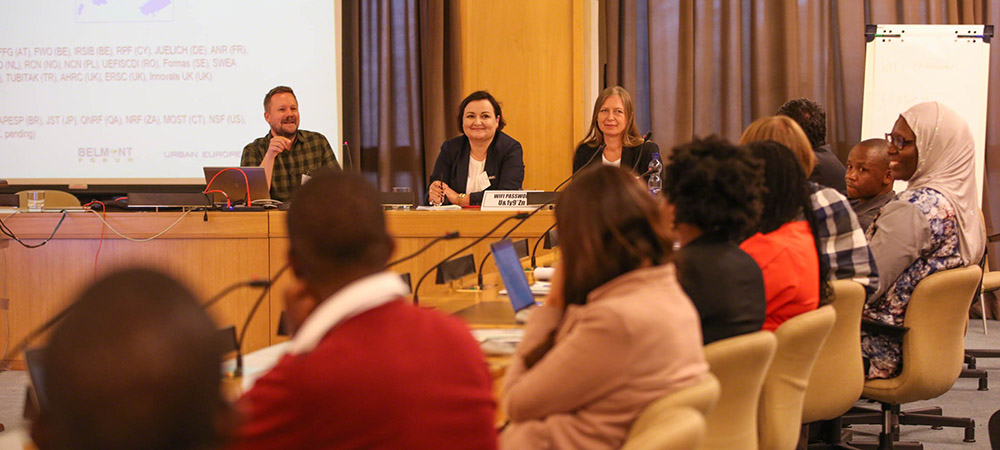
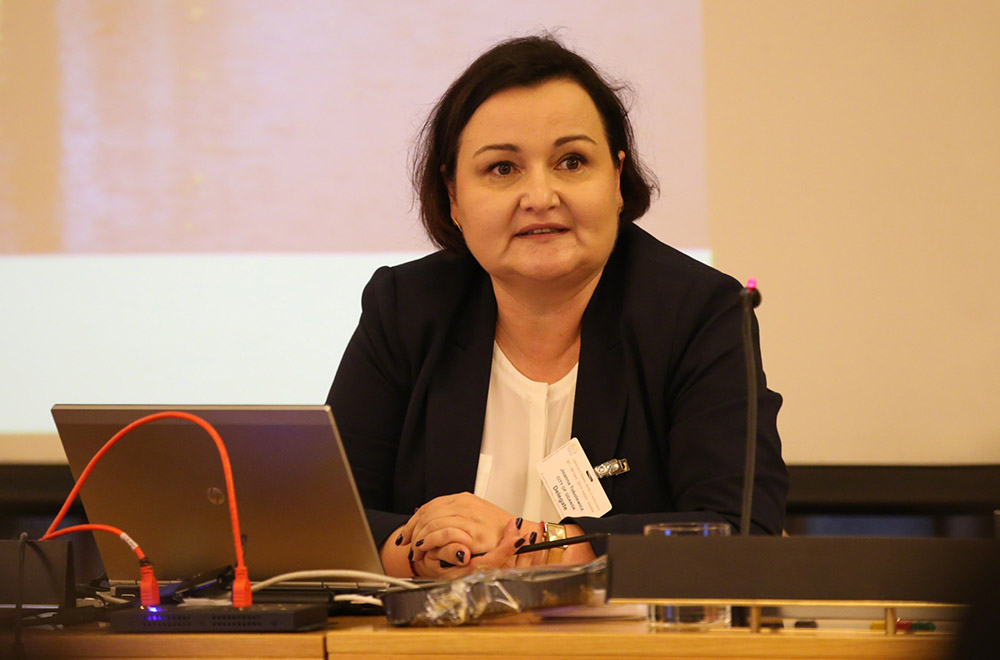
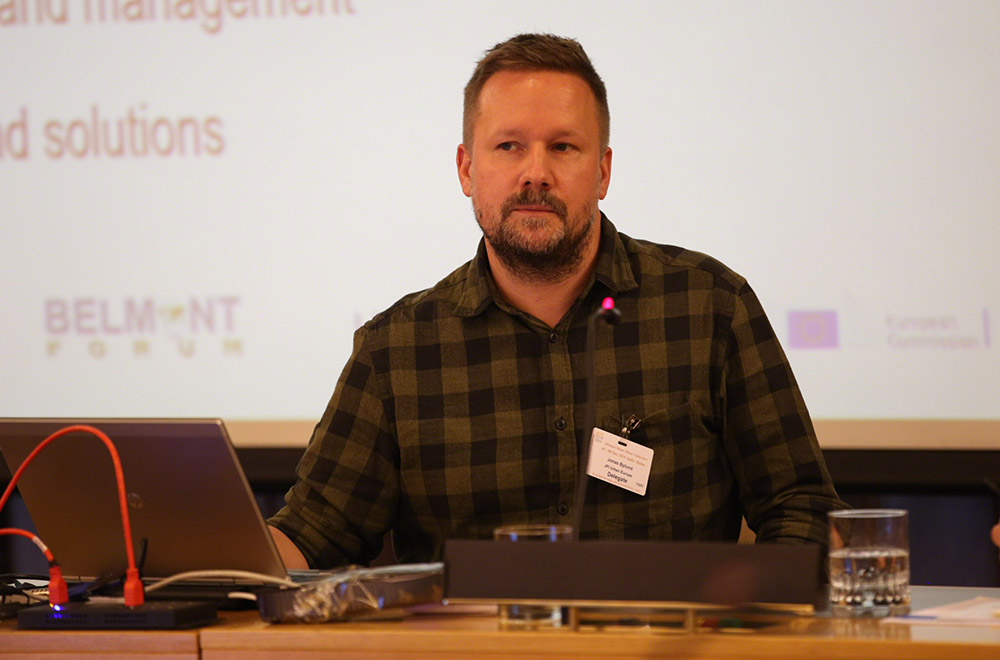

Poster Session
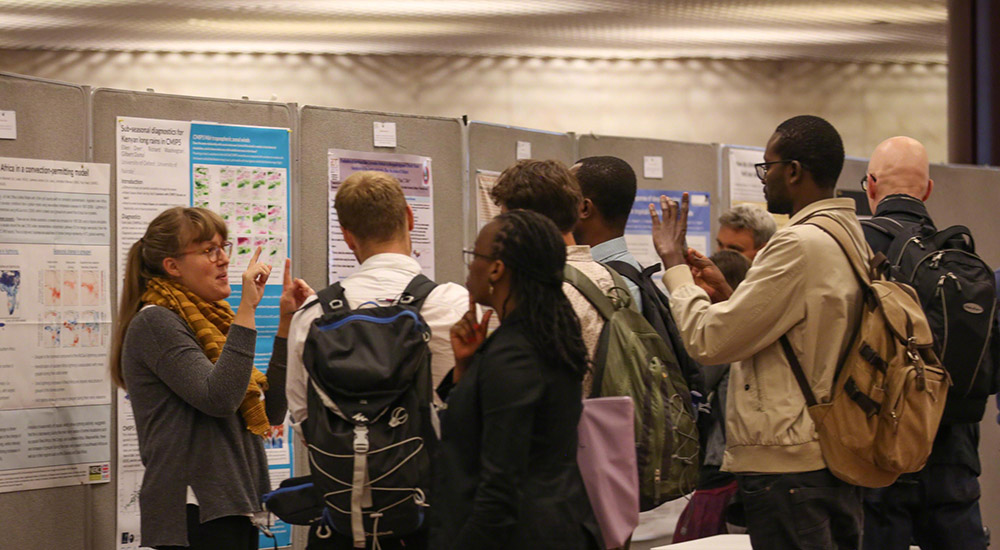
of Africa; latest research on the science and projections of future climate change in Africa; evidence for action: climate change risk analysis; delivering resilience in the face of climate change uncertainty; co-production of knowledge between science, business, policy, practice, and local communities; and cross-cutting issues: water-energy-food-health nexus.
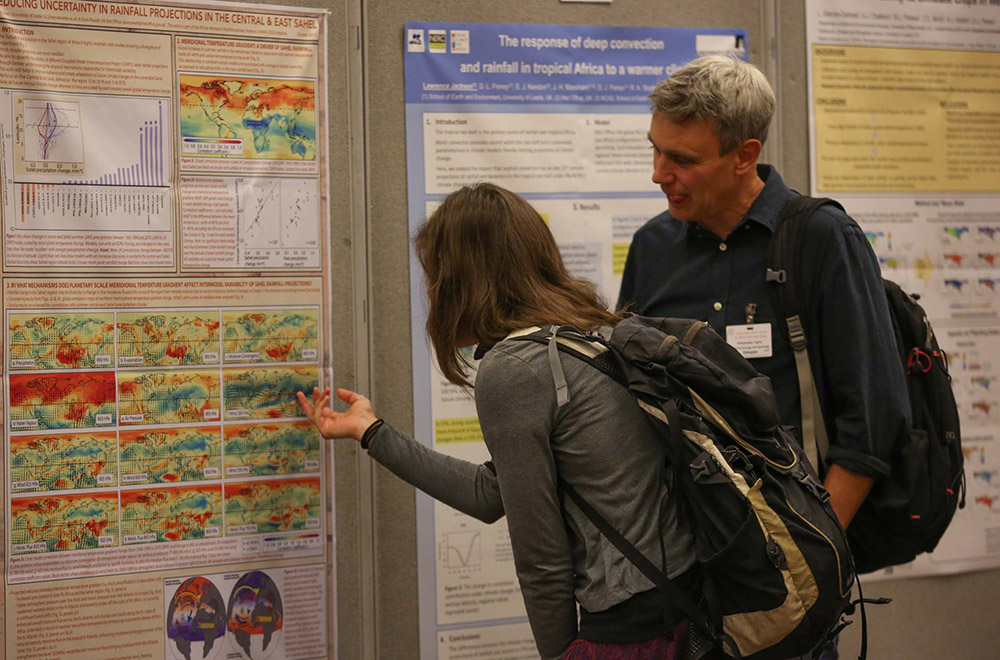
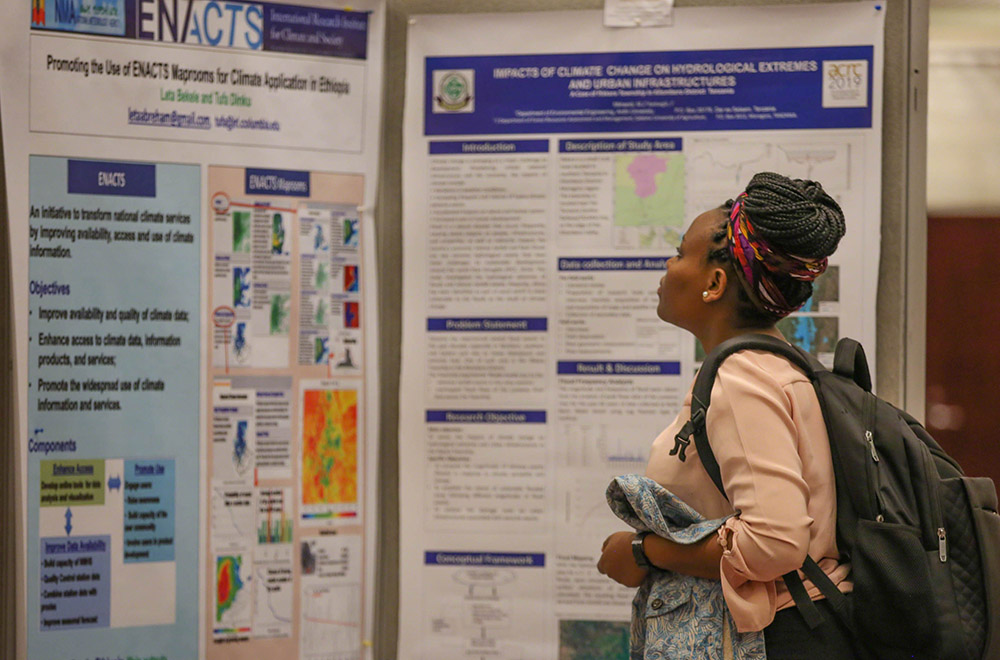
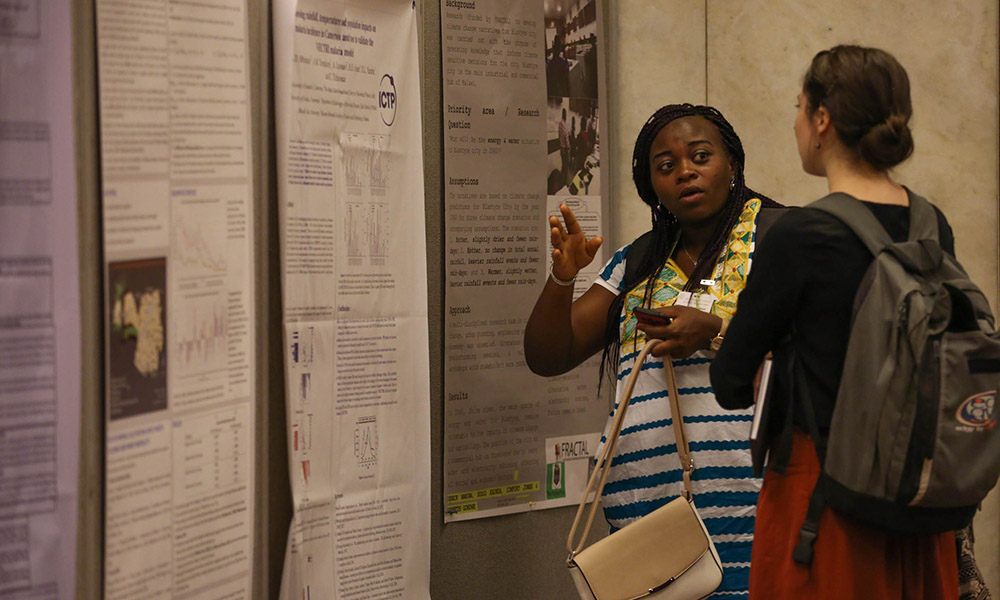
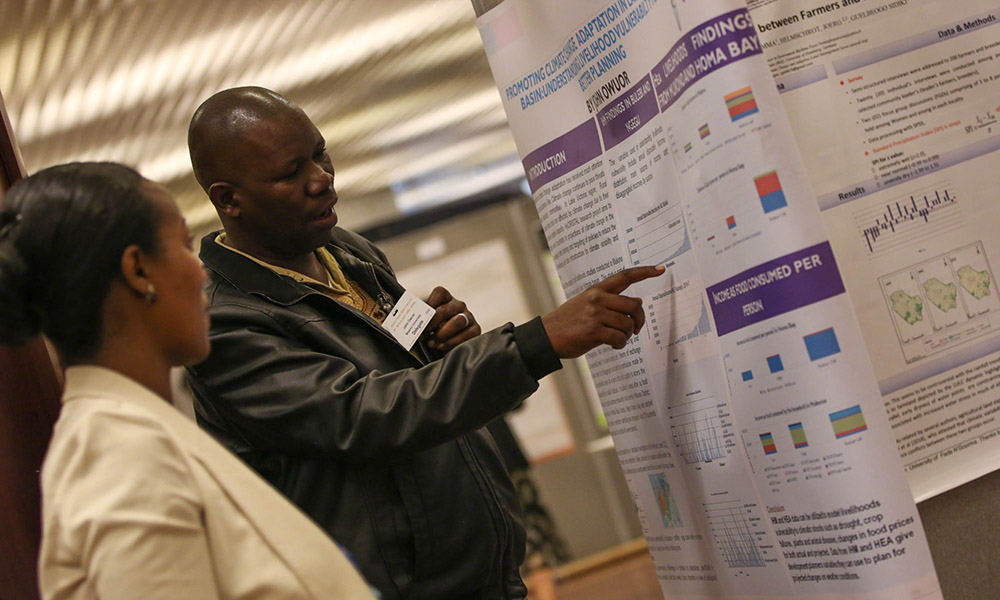
Closing Plenary
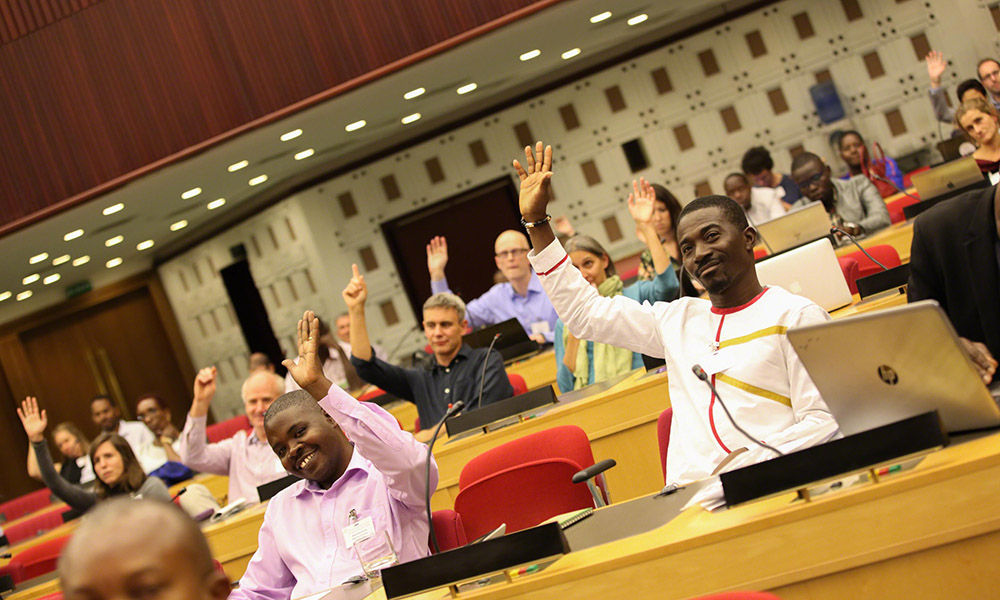
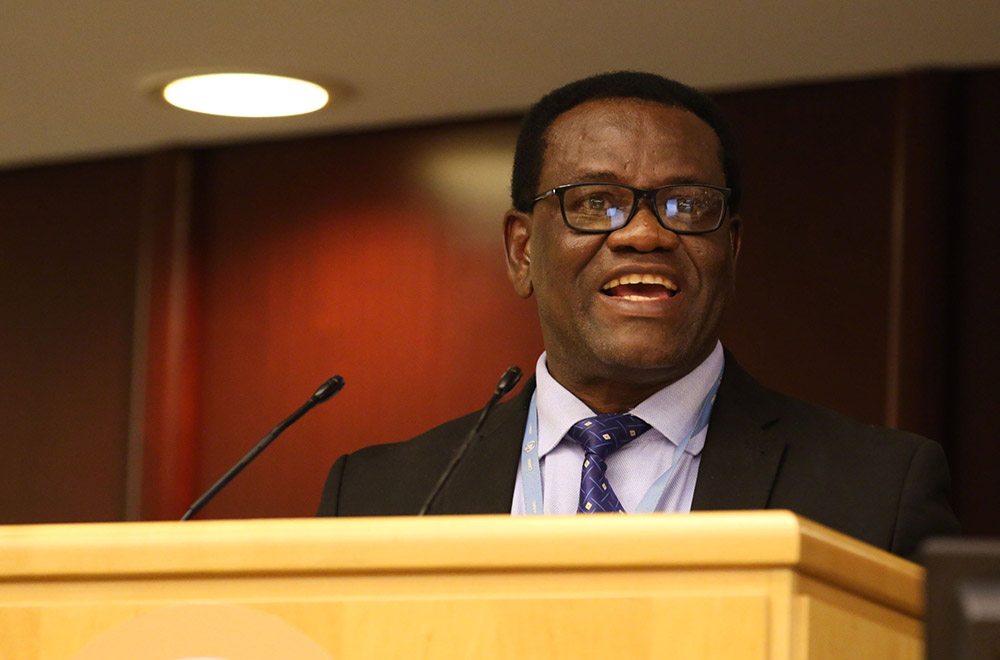
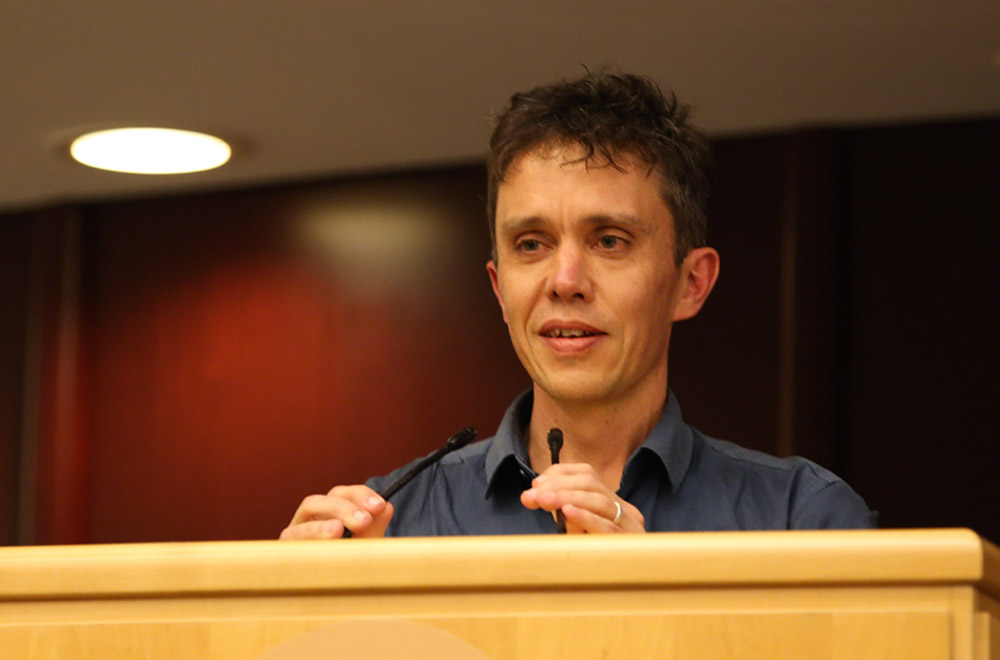
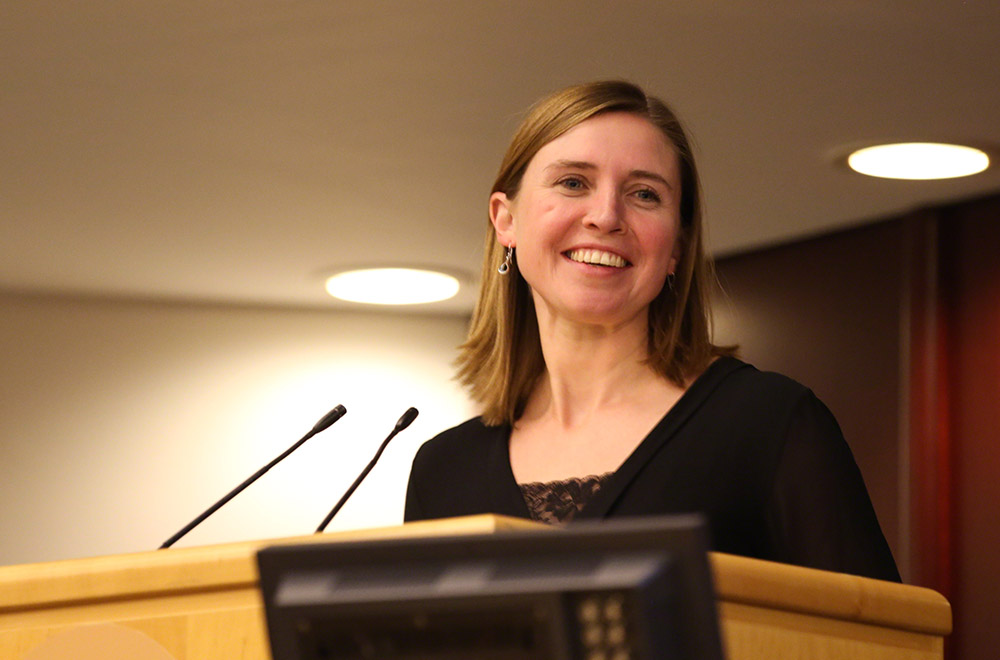
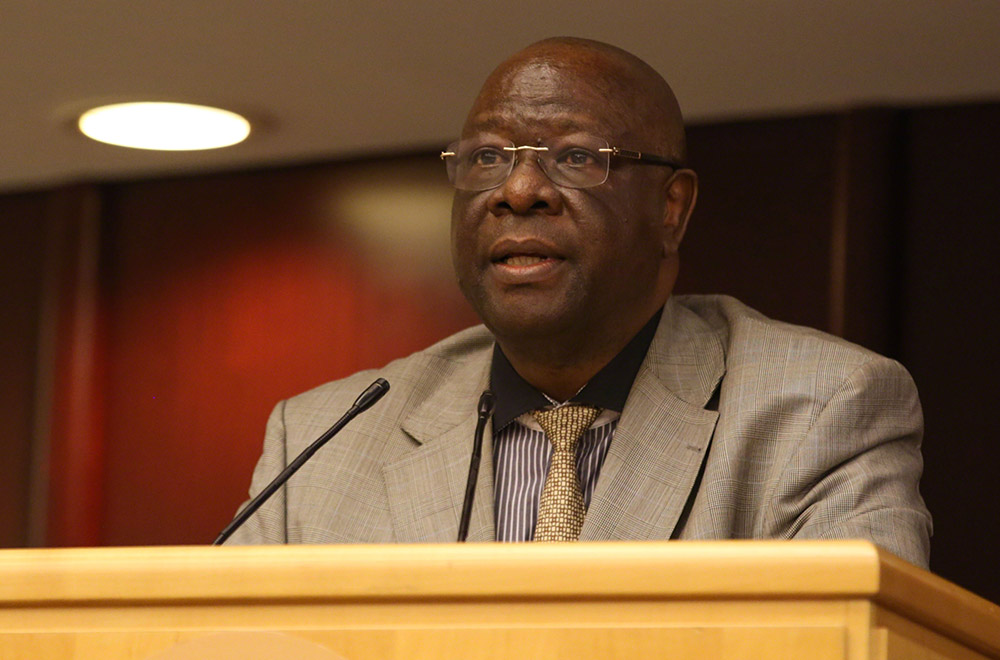
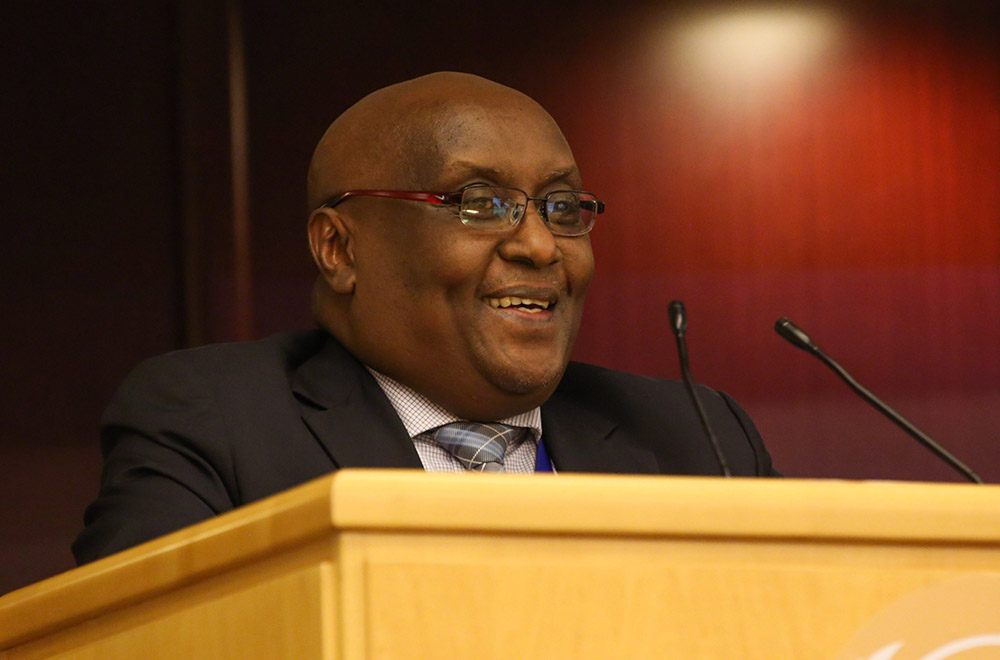
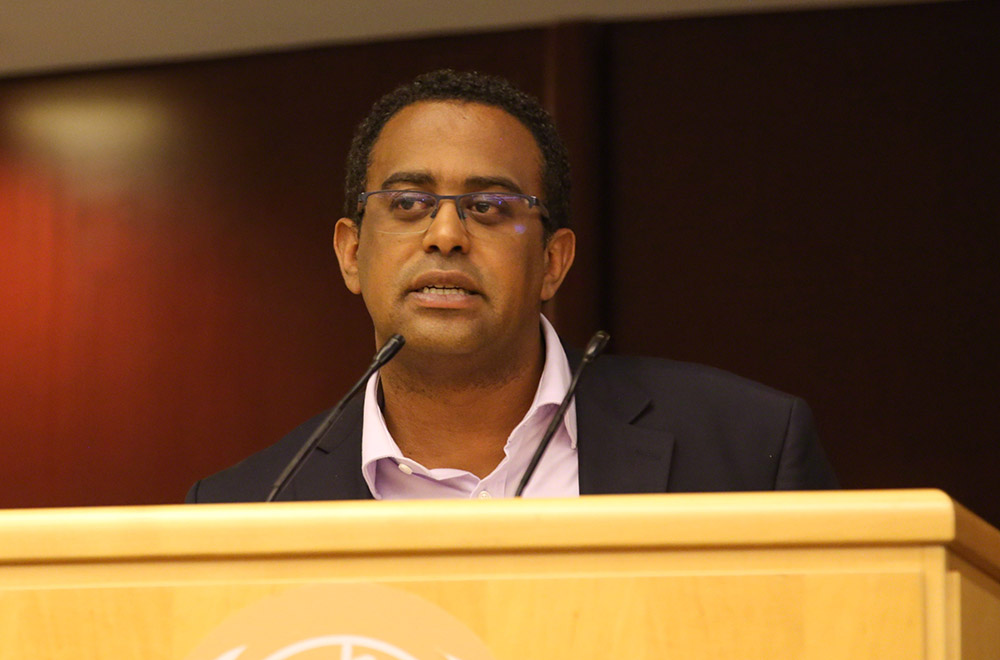
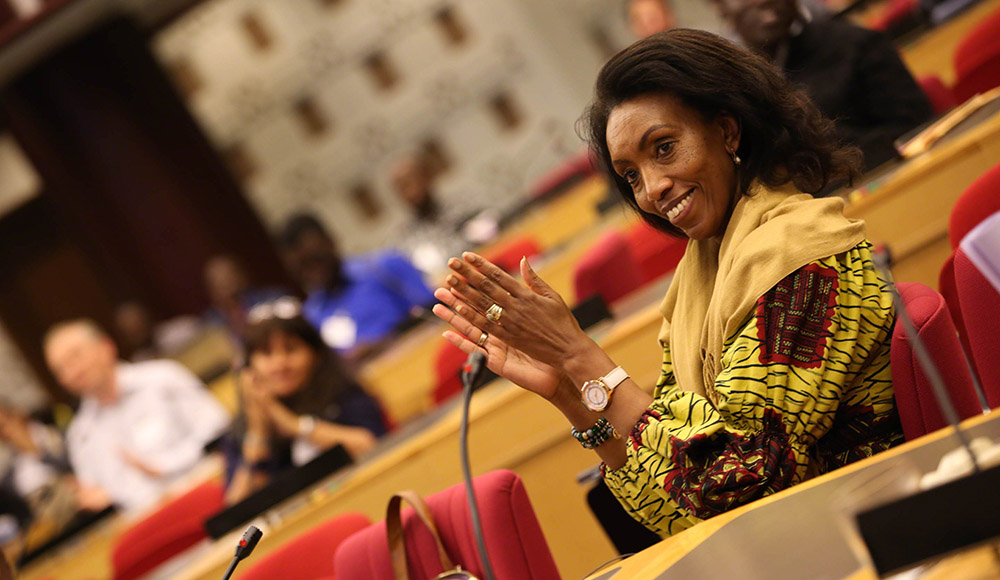
Around the Venue
